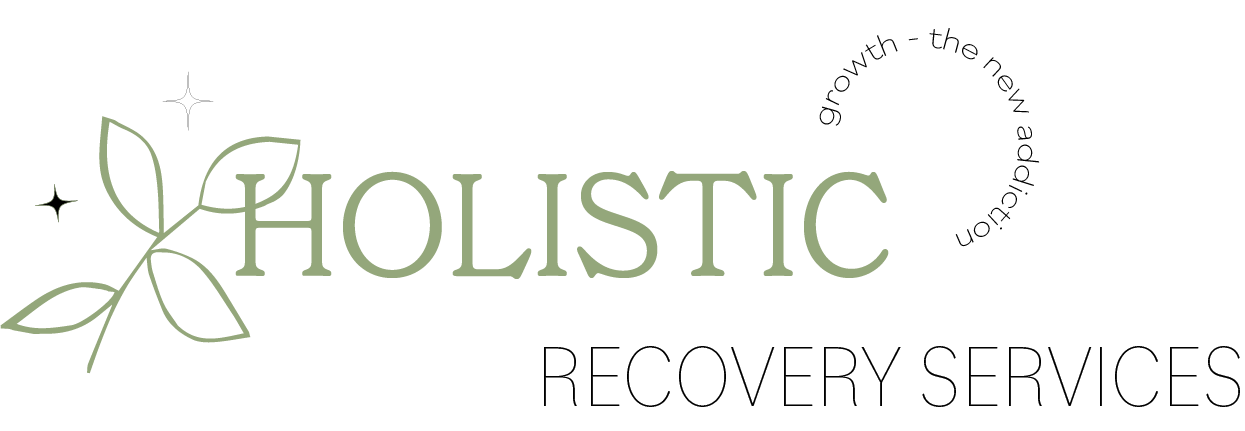My Theoretical Approach
These are some short explanations of the approaches I use when I work with clients. Each theory is based on accepted practices in the field of psychology while complementary practices are integrated into and support the widely accepted theories in order to provide a transformative experience in all aspects of whole person centered care.
Holistic Recovery Treatment
My approach integrates traditional therapy with holistic healing methods, understanding that recovery involves healing on multiple levels:
Mind
Processing trauma and emotions
Understanding thought patterns
Developing new coping skills
Building emotional resilience
Body
Energy system regulation
Nervous system healing
Somatic awareness
Physical well-being
Spirit
Finding deeper meaning
Connecting to purpose
Exploring spirituality
Building authentic identity
Energy
Clearing blocked energy
Restoring natural flow
Balancing energy systems
Strengthening boundaries
Biopsychosocial-Spiritual Model
This comprehensive approach recognizes that substance abuse affects and is affected by multiple dimensions of life:
Biological: Physical health, brain chemistry, and genetic factors
Psychological: Mental health, emotions, thoughts, and behaviors
Social: Relationships, environment, and cultural factors
Spiritual: Meaning, purpose, values, and connection to something greater than self
Transpersonal/Existential Approach:
This approach explores:
Questions of meaning and purpose in recovery
Connection to transcendent experiences and states of consciousness
Personal transformation and growth
Integration of spiritual or mystical experiences
Development of authentic identity
Psychodynamic Theory:
This Approach explores the subconscious and hidden aspects of the psyche:
· Focus on early life experiences and relationships
· Exploration of unconscious patterns
· Discussion of dreams and fantasies
· Examination of therapeutic relationship
· Long-term treatment orientation
· Regular session attendance importance
· Open-ended discussion format
· Work with defense mechanisms
· Processing of emotions and memories
· Analysis of current relationship patterns
Harm Reduction:
This approach focuses on providing services in order to build rapport, even when a client is not ready or willing to abstain from substances:
Meets you where you are in your journey
Supports any positive change
Prioritizes safety and risk reduction
Respects your right to set your own goals
Does not require complete abstinence
Positive Psychology Theory:
This approach focuses on building resilience and mental fitness for recovery:
Focus on strengths rather than pathology
Building resilience and positive traits
Enhancing well-being and life satisfaction
Cultivating positive emotions and experiences
Developing character strengths
Finding meaning and purpose
Fostering growth and flourishing
Building optimism and hope
Energy Psychology Theory:
Energy psychology explores the various energy systems within the body based on eastern medicine practices and understanding and clears and moves healthy energy through these energy systems to support healing and wellness. These energy tracks influence and are connected to our thoughts, mind, body, and emotions thus these systems are the key to healing the often challenging and difficult task of transforming patterns of substance use.
· Integration of energy systems and psychological principles
· Work with body's energy fields and meridians
· Connection between energy disruption and symptoms
· Mind-body-energy relationship in healing
· Influence of energy patterns on behavior and emotions
· Role of energy systems in recovery
Complementary and Alternative Healing
May Include:
· Meridian tapping techniques
· Reiki
· Chakra balancing work
· Biofield interventions
· Somatic energy practices
· Energy system regulation

